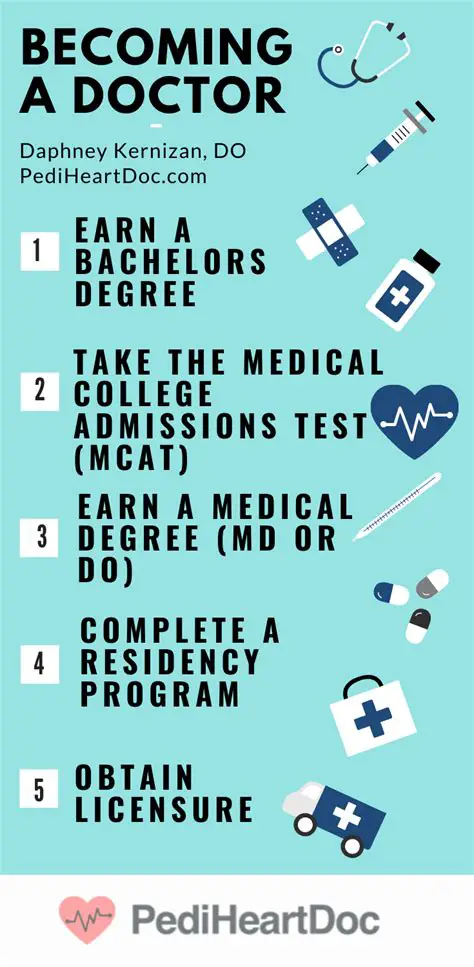If you dream of becoming a doctor, you might wonder what major you need to pursue in college. The path to becoming a doctor is long and challenging, but it can be incredibly rewarding. Here’s a comprehensive guide to help you choose the right major for your medical career.

Navigating the Pre-Medical Track
Most medical schools in the United States require applicants to complete a bachelor’s degree with a strong foundation in science. This is known as the pre-medical track. Pre-medical students typically major in disciplines like:
- Biology
- Chemistry
- Biochemistry
- Physics
- Mathematics
These majors provide a solid understanding of the fundamental principles of science, which are essential for success in medical school and beyond.
Beyond the Sciences: Exploring Humanities and Social Sciences
While the sciences form the core of a pre-medical education, it’s also important to explore other fields. Many medical schools value applicants with a well-rounded education that includes coursework in the humanities and social sciences. These courses can develop your critical thinking, communication, and empathy skills, which are crucial for practicing medicine effectively.
Popular Majors for Pre-Medical Students
According to the American Association of Medical Colleges (AAMC), the most common undergraduate majors among medical school matriculants in 2020-2021 were:
| Major | Percentage of Matriculants |
|---|---|
| Biology | 35.1% |
| Chemistry and Biochemistry | 18.6% |
| Neuroscience | 7.4% |
| Psychology | 5.9% |
| Molecular and Cellular Biology | 4.7% |
Choosing the Right Major for You
When selecting a major, consider your interests, strengths, and career goals. If you enjoy studying the human body and its functions, biology could be a great fit. If you’re fascinated by chemical reactions and molecular structures, chemistry or biochemistry might be your calling.
Regardless of your major, strive for academic excellence. Medical schools typically place a high value on GPA and standardized test scores. Take challenging courses, engage in research experiences, and seek opportunities to develop your leadership and interpersonal skills.
Additional Tips for Pre-Medical Students
- Volunteer in healthcare settings. Gain hands-on experience and demonstrate your commitment to medicine.
- Shadow physicians. Observe doctors in various specialties to learn about their daily work and responsibilities.
- Join pre-medical clubs and organizations. Connect with other students who share your goals and learn from experienced mentors.
- Prepare for the MCAT. This standardized exam is required for admission to medical school. Start studying early and thoroughly.
- Explore different medical specialties. Consider which areas of medicine interest you most. Attend conferences, read medical journals, and network with professionals in the field.
FAQs
- Can I become a doctor with a non-science major? Yes, but it’s less common. You may need to take additional science coursework to meet medical school prerequisites.
- What GPA do I need to get into medical school? Most medical schools have an average GPA requirement between 3.5 and 3.8.
- Is it harder to get into medical school than law school? Admission to both medical school and law school is highly competitive. However, medical school typically requires a higher GPA and MCAT scores.
- How long does it take to become a doctor? It takes approximately 11-15 years to become a doctor. You’ll need to complete undergraduate studies, medical school, residency training, and potentially fellowship training.
- What is the average salary for a doctor? According to the Bureau of Labor Statistics, the median annual salary for physicians and surgeons in May 2021 was $208,000.
- What are the most in-demand medical specialties? Specialties like psychiatry, family medicine, and geriatrics are projected to face higher demand in the coming years due to an aging population and changing healthcare needs.
